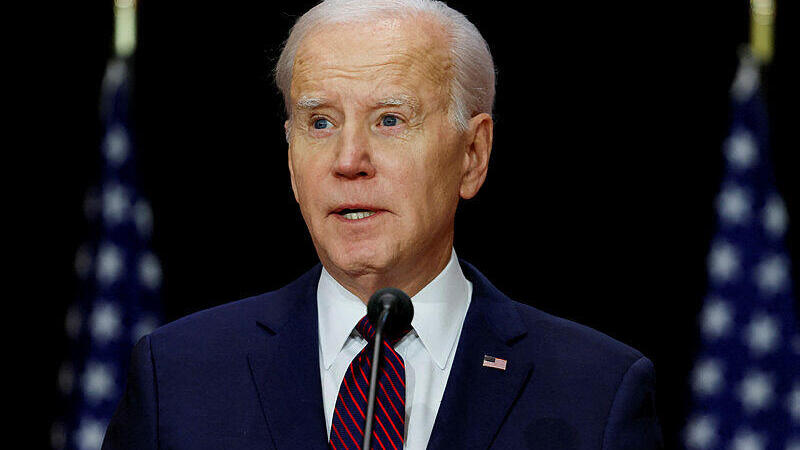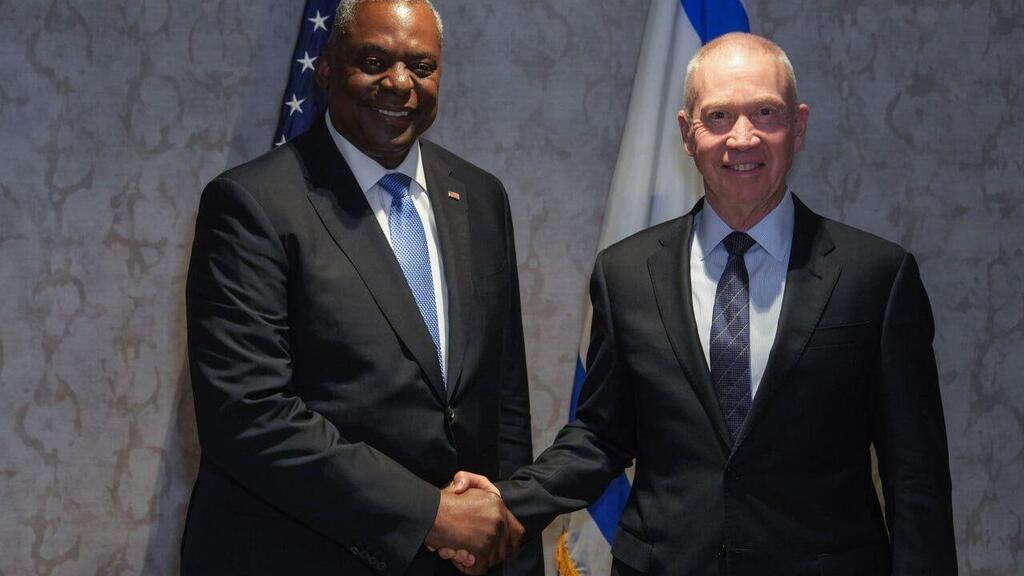Getting your Trinity Audio player ready...
U.S. Secretary of State Antony Blinken, on Friday, denied reports that the U.S. and Iran were nearing an agreement, but Israeli officials still believe one would be reached within weeks. They said U.S. President Joe Biden had already decided on the move for political reasons and ahead of his 2024 re-election bid.
More stories:
Biden, the officials noted was determined to show as many policy achievements as possible including de-escalation with Iran, so that he could then move on to advance normalization between Israel and Saudi Arabia, which would require him to make considerable concessions to the Gulf nation.
The Israeli officials say the U.S. Iran deal will be limited. There would be no meeting of senior members of either government or any official signing of the agreement. Iran would limit its uranium enrichment to 60%, would increase its cooperation with UN nuclear inspectors and release American prisoners it is holding. The U.S. would then free billions of frozen Iranian assets.
"The decision has been made," the officials said. Iran is seeking an agreement to reinstate its legitimacy on the international stage and enable the resumption of trade with many countries.
Israel is concerned that the pending deal does not address Iran's ballistic missile project, its drone production, or its support of terrorist actors, in the Mideast. The understanding in Jerusalem is that Israel's influence over the agreement is non-existent because of Biden's political motivation, and since the bilateral relations are at a low point, since the return of Prime Minister Benjamin Netanyahu to power and his announced judicial overhaul legislation.
Still, officials say there is no guarantee that better ties between Washington and Jerusalem, including the coveted invitation extended to the prime minister, to visit the White House, would have yielded a different outcome. "A deal with Iran is the objective of the Biden administration," one official said adding that Israel would attack it vociferously and reiterated the policy that any such agreement would not bind Jerusalem.
"This deal is full of holes," the official said. "It does not include the question of Iran's conduct in the region, including funding terrorist groups such as the Hezbollah in Lebanon and the Islamic Jihad in Gaza, and developing weaponized UAVs and ballistic missiles," he said. "Therefore, we are not bound by it," he said.
Western sources on Saturday confirmed that talks on limiting Iran's nuclear program were taking place and would lead to the release of American prisoners, and unfreeze Iranian assets.
An Iranian official told Reuters on Saturday that the end goal is to reach a mutual understanding, regardless of how the agreement is described. "Our goal is to use diplomacy to understand the situation correctly and realistically and try to find solutions to prevent tension and manage the current situation. The key to the success of this path is to minimize the role of the opponents of the diplomacy path," the official said.
A Western official also speaking to the news agency said the purpose of such a deal would be to prevent deterioration and avoid a possible military confrontation between Israel and Iran. "If (the) Iranians miscalculate, the potential for a strong Israeli response is something that we want to avoid," the official said.
In a meeting held by Defense Minister Yoav Gallant and U.S. Secretary of Defense Lloyd Austin in Brussels on Thursday, the Israeli minister repeated Israel's concern over Iran's support of terror in Lebanon as well as in the West Bank and Gaza.
In their meeting, Gallant reiterated the need to maintain a credible military threat against Iran and preserve Israel's qualitative military edge in the Middle East. The ministers agreed to establish teams to advance military and security coordination in the face of the Iranian threat.
Austin told Gallant that tensions with the Palestinians on the West Bank but be avoided and that to that end, Israel must reduce the pace of settlement construction. His comments were part of Washington's pressure put to bear on Jerusalem, in light of the expected Israeli decision to approve 4,500 new housing units to be built in the settlements.
Israel claims the new units are part of a previously approved batch of housing units, decided on and announced last February and not a violation of agreements reached with the Palestinians, Egypt and Joran in the talks held in Sharm el Sheik last March.






